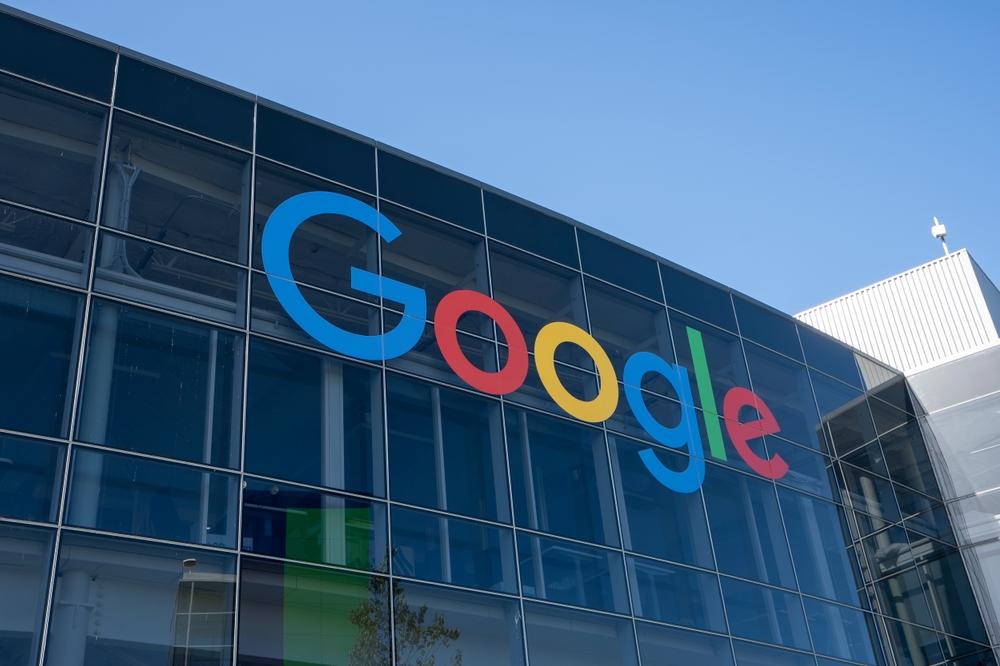A California jury has delivered a crushing blow to Google, ordering the tech behemoth to pay $314.6 million to Android users for unauthorized data collection practices. The San Jose verdict represents one of the largest privacy-related settlements in recent years, signaling a potential shift in how courts handle digital privacy violations.
Legal victory emerges from 5-year battle
The class-action lawsuit, filed in 2019, encompasses approximately 14 million Android users across California. Plaintiffs successfully argued that Google systematically harvested personal data from their devices during idle periods, even when phones appeared inactive. The company allegedly used this collected information to enhance its advertising targeting capabilities, generating substantial revenue while users remained unaware of the data extraction.
The jury’s decision reflects mounting frustration with what many consider deceptive data practices by major technology corporations. Users claimed their mobile data allowances were depleted without their knowledge or consent, forcing them to purchase additional data from wireless carriers to maintain normal device functionality.
Court documents revealed that Google’s data collection occurred through various background processes, including location tracking, app usage monitoring, and device performance analytics. These operations continued regardless of user privacy settings, creating what plaintiffs described as a systematic violation of consumer trust.
Company maintains innocence despite verdict
Google’s legal team has signaled plans to challenge the ruling, arguing that the jury misunderstood essential security and performance features built into Android devices. Company representatives maintain that all data collection activities fell within the scope of user agreements and privacy policies that customers accepted when activating their devices.
The technology giant contends that background data collection serves legitimate purposes, including device security updates, performance optimization, and fraud prevention. Google’s defense emphasized that users received valuable services in exchange for data sharing, characterizing the arrangement as mutually beneficial rather than exploitative.
Despite the substantial penalty, Google continues to assert that no actual harm occurred to users. The company argues that its data practices enhanced user experience while maintaining appropriate security standards, suggesting that the lawsuit stems from misunderstandings about necessary device operations rather than genuine privacy violations.
Broader implications for tech industry
This verdict arrives amid intensifying scrutiny of big tech companies’ data handling practices. Privacy advocates view the ruling as validation of their concerns about unchecked corporate surveillance and inadequate consumer protections in the digital marketplace.
The California case represents just one front in Google‘s expanding legal challenges. A parallel lawsuit covering Android users in the remaining 49 states is scheduled for trial in April 2026, potentially exposing the company to additional financial penalties and regulatory oversight.
Legal experts suggest this verdict could encourage similar lawsuits against other technology companies with extensive data collection operations. The substantial monetary award demonstrates that courts are increasingly willing to impose meaningful financial consequences for privacy violations, potentially deterring future misconduct.
Consumer awareness drives privacy evolution
The ruling coincides with growing public awareness about digital privacy rights and corporate data practices. Consumers are increasingly demanding transparency about how their personal information is collected, processed, and monetized by technology companies.
Recent surveys indicate that privacy concerns now rank among the top factors influencing consumer technology choices. This shift in public sentiment has prompted some companies to implement stronger privacy protections, while others face mounting pressure to modify their data collection practices.
Privacy legislation continues evolving at both state and federal levels, with lawmakers introducing bills designed to strengthen consumer protections and impose stricter penalties for privacy violations. The California verdict may influence future regulatory frameworks by demonstrating the financial risks associated with inadequate privacy safeguards.
Financial impact reflects changing landscape
The $314.6 million penalty, while substantial, represents a relatively small fraction of Google’s annual revenue. However, the verdict’s significance extends beyond immediate financial consequences, potentially influencing investor confidence and regulatory relationships.
Technology companies increasingly face the challenge of balancing profitable data collection practices with evolving privacy expectations and legal requirements. The Google ruling suggests that courts are prepared to impose meaningful penalties when companies fail to adequately protect consumer privacy rights.
As digital privacy becomes a central concern for consumers, businesses, and regulators, this case may mark a turning point in how technology companies approach data collection and user consent. The verdict sends a clear message that privacy violations carry real financial risks, potentially reshaping industry practices for years to come.















